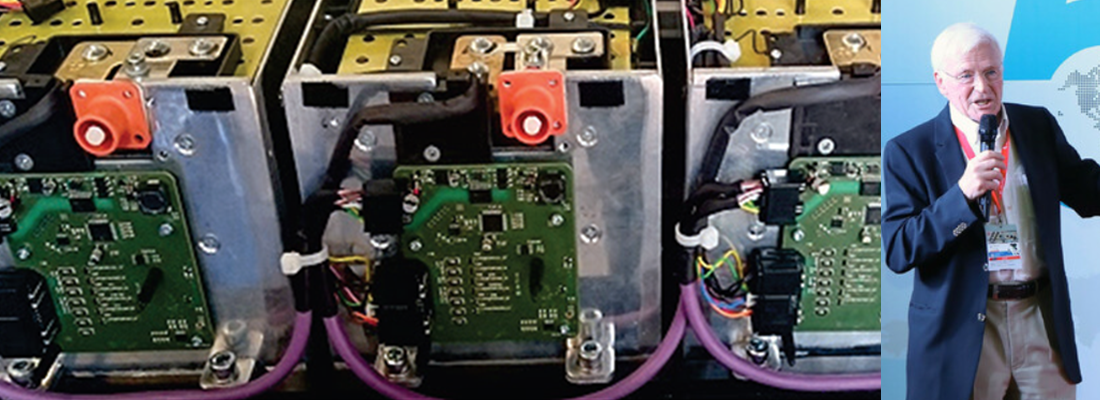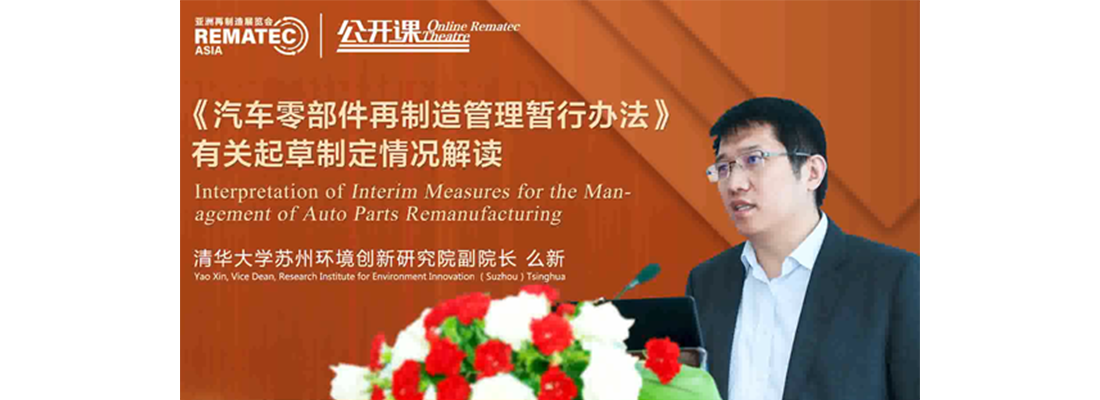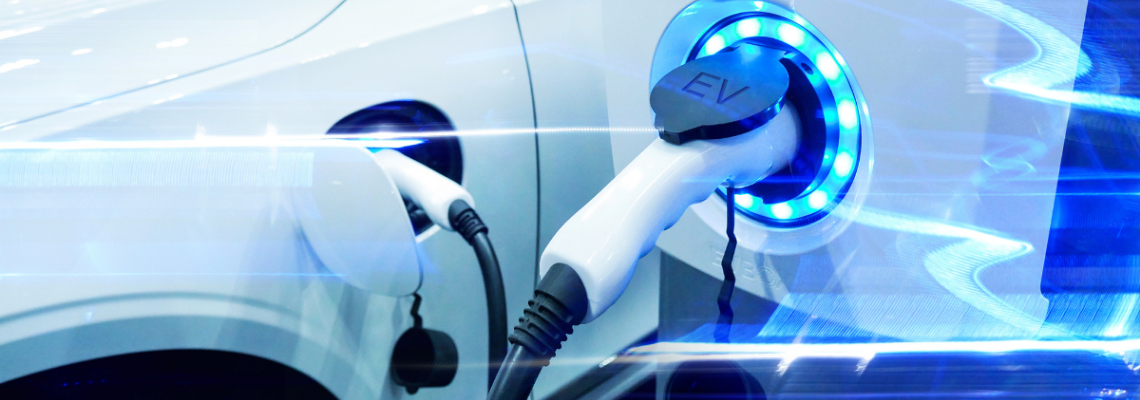Belgium truck technology: looking to the future
Selling a private company to Meritor was the catalyst for the boss’s son to strike out on his own. Adam Hill talks to Benjamin Johnson about the rise of Belgium Truck Technology
Selling your family business to a large company is a path which many entrepreneurs follow – but it is not always a happy one. In July 2008, Meritor acquired Trucktechnic (TT), a Belgian remanufacturer and distributor of air brake parts and disc brake calipers which had been going for more than two decades. Remanufacturing is an industry that is full of small firms: TT’s story goes back a long way, and has a familiar air. It was founded in 1982 by Steve Johnson, a Welshman based in Belgium, who is now contentedly retired from the business. Steve’s son Benjamin joined the family firm in 2003 to run TT’s increasingly-important caliper rebuilding activities. He answers ReMaTecNews’ questions on the phone in excellent English – the legacy of a year spent in Sydney to brush up on the language before he came on board. Under Ben’s stewardship, TT was one of Europe’s market leaders in caliper rebuilding and spare parts distribution by 2008. Small wonder that it attracted the attention of the big boys: Meritor, one of the bestknown names in the reman sector, quite obviously had significant expansion plans and things proceeded well enough at first. While Steve operated for a few years as a consultant to the business in general, Ben continued in a leading role. However, reading between the lines, things did not go quite as hoped.
Delicate business
He is not the first person to feel disillusioned with takeovers, and will not be the last. It is a delicate business and the transition can obviously be difficult for all parties. And despite being generally unhappy with the way things went, he says the Meritor experience did teach him something. “Putting some structure into a small business helps you avoid some classic mistakes so I’m thankful for that,” he recalls. Big companies tend to do things a different way – out of necessity – to smaller concerns. But this means that something can appear to get lost in the process. For example, the working conditions of corporate giants can often seem to have an adverse effect on the ‘family atmosphere’ that reigns in small businesses. Perhaps unsurprisingly, Ben decided to strike out on his own. In 2011, he formed BTT along with some of TT’s most experienced ex-workers, in new premises about 500 metres away from the old place. His decision to focus on calipers was straightforward: “Rather than invest in a diversified range of products, I decided to concentrate on what I knew best, and to do it properly.” Today BTT employs 20 staff and enjoys a reputation for quality, he says. On that basis, his policy seems to have bornefruit. The company stocks a range of ‘all brand’ remanufactured brake calipers and repair kits and covers more than 45 countries.
Better than new
Johnson is passionate about reman and says that BTT has worked with companies worldwide on a ‘better-thannew’ programme. “We sell to many territories on that basis, with zero returns attributable to our workmanship,” he explains. “Our reputation for quality is paramount. We’ve been dismantling and analysing brake calipers since 2003 - we know what’s wrong with them, how they fail, how we can improve and, therefore, make them better than new.” That is not to say that things are easy: like many remanufacturers, the complications of patent law are a headache which he believes could be eased with a bit of thought from the authorities. There are grey areas which all reman professionals have agonised over at one time or another: for instance, if you replace three components outof five, is that a copy? Is the assembly protected or is it some components only that are protected? These are difficult questions. Indeed, if Johnson could change one thing about remanufacturing to make business easier, he reckons that the law should force manufacturers to be clearer about intellectual property (IP). “Patents are complex and therefore costly to understand,” he says. “We regularly seek the help of lawyers specialized in IP before we start doing things.” Despite this, he seems pleased with the way things have gone. Like many businesspeople before him, he may well feel that the disappointments he experienced with a takeover situation have helped to make him more resilient: strength through adversity, that sort of thing. But that is the past. What of the future? Above all, Johnson seems to be looking forward to the challenges ahead. “I wouldn’t really change anything,” he concludes. “The more complex it is, the better. It’s good to encounter problems and come across difficulties. This obliges you to think about things. And if it’s too easy, anyone can do it.”






